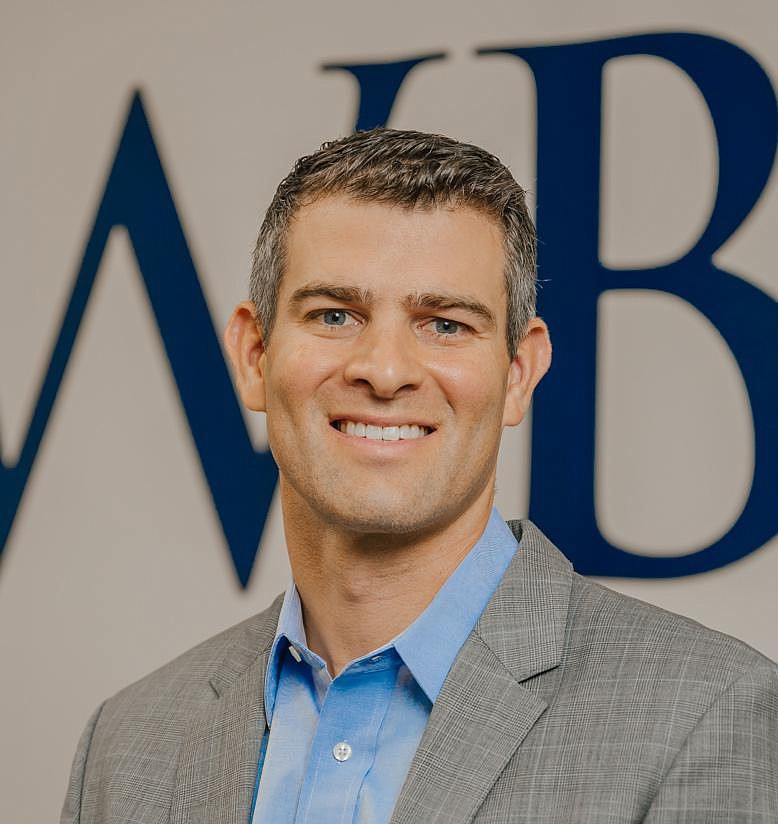
It’s true, the #1 appeal of rental properties for most investors is that good ol’ green river of cash flow. But while it’s incredibly appealing, it’s also a facet of rental property investing that a lot of people can bungle up. The reason for this is multi-faceted; poor planning, improper execution, and not understanding the market is a surefire way to get you into a position where you aren’t realizing your full cash flow potential. So, we came up with these tips to help you avoid cash flow issues from DAY 1. Allow us to demystify and dissect the delicate art of managing cash flow from rental properties before you buy a single home.
Working with a property management company that you trust (that’s also vertically integrated) is going to be our #1 tip for a lot of reasons and it will play into every additional tip we offer going forward. It’s a common theme because the people you work with play such a vital role in the longevity and success of your rental property.
Take JWB for example. As a partner, we focus on providing data and information based on real experiences from the history of that portfolio. Every detail, even the slightest miscalculation, can negatively affect your cash flow. One major mistake could ruin your investment experience. Don't make decisions based on your emotions, always rely on your trusted partner's expertise and guidance that should be based on verifiable historical data and accurate projections.
Buying an asset that isn’t rented or needs repairs or a remodel can be an additional risk that kills your cash flow from day 1. When first starting in real estate investments, it's crucial to focus on revenue and expenses. You should look for already rented assets to secure positive cash flow from the day you close. Closing the property and renting it immediately will eliminate potential variables and assumptions. Locking in the first periods ensures a positive cash flow equation and can help you solidify your investment strategy.
When it comes to your rental income, remember that it should be guided by market comparisons. Before investing, thoroughly research real estate market comps in the area (or lean on your property management partner to provide accurate estimates). Ensure that the rental amount forecasted is based on the data that you have researched. To maintain positive cash flow, keep track of how to get increments on your rent increase. Knowing that you can retain rent increases is key to keeping up with the market trends and maintaining your positive cash flow.
This leads us perfectly to our next tip, which is knowing when to update your rent increases and by how much. Research past rental price appreciation before investing. Historical accuracy can provide you with the average rental price appreciation. Using the right data sources to set you up for success with metered and measured increases will make sure that your expectations are kept in check. Have a system to raise rents that will not strain tenant-landlord relationships. Remember that the best thing for your cash flow is long-term leases. Focusing on the duration of your tenant stay, and consistent renewals will help maintain your property as a passive income asset.
When it comes to your expenses there are two types: recurring and periodic. Recurring are things like your mortgage, interest, taxes, etc. Periodic are the items like maintenance and vacancy costs. Both need to be well managed in order to provide you with good cash flow. For your recurring expenses, proper data and an understanding of the market set you up for success in being able to predict costs and plan accordingly. Small things like .25% of your interest rate can be the difference between a positive cash flow from day 1 and being negative.
When it comes to periodic expenses, planning is your friend. Planning to keep residents long-term can be the greatest predictor of your cash flow because they reduce periodic expenses. This means maintaining good relationships with good service and having a team that is focused and incentivized by the renewals they achieve.
Working with a vertically integrated company like JWB, can help you achieve your cash flow goals, and avoid some of these common pitfalls that kill your cash flow from Day 1.
This is just an intro, but if you’d like a more in-depth analysis, we just launched a course to help you learn the core concepts of investing and become an investor insider, the Not Your Average way. Or as always, give us a call and we’re happy to walk you through your options to get started on your rental property journey.

I love to talk about investing in rental properties! You’ll often find me hosting the weekly Not Your Average Investor Show, contributing to the JWB Real Estate Capital blog, and in our Facebook group connecting with the community & sharing insights.